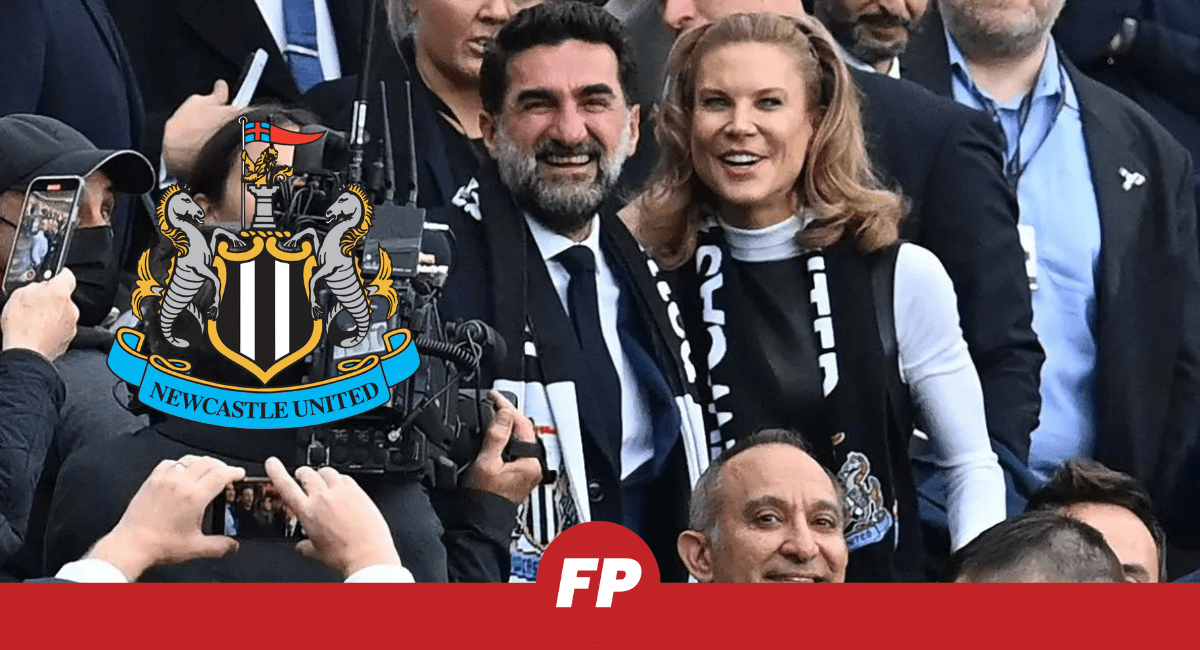Gary Lineker, former footballer turned broadcaster, is stepping back from his presenting duties on Match of the Day after the BBC raised concerns over his social media use.
The decision comes in the wake of an impartiality row stemming from comments he made criticising the UK government’s new asylum policy.
According to the BBC, Lineker’s recent social media activity constitutes a breach of their guidelines, and he has been asked to refrain from taking sides on party political issues or political controversies.
Good heavens, this is beyond awful. https://t.co/f0fTgWXBwp
— Gary Lineker 💙💛 (@GaryLineker) March 7, 2023
The corporation considers it essential for its presenters to maintain impartiality, particularly when it comes to politically sensitive topics.
Lineker’s controversial tweet compared the language used by the UK government to that of Nazi Germany in the 1930s. The presenter had criticised the government’s plan to tackle Channel crossings, which would see asylum seekers being sent to offshore processing centres.
The tweet sparked a backlash from some quarters, who accused Lineker of politicising his role as a BBC presenter. However, others defended him, arguing that he had a right to express his opinion on a matter of public interest.
This is not the first time that Lineker has found himself at the centre of controversy over his social media use. He has previously used his platform to express his views on a range of political and social issues, including Brexit and the treatment of refugees.
While Lineker’s decision to step back from presenting Match of the Day may disappoint some viewers, it is a reminder of the importance of impartiality in journalism. Presenters have a responsibility to provide balanced and objective coverage of the news, particularly when it comes to politically sensitive topics.
It remains to be seen how Lineker will respond to the BBC’s concerns over his social media use. However, this episode highlights the ongoing debate over the role of broadcasters in shaping public opinion, and the need for journalists to maintain their impartiality in the face of intense political pressure.
MORE TO FOLLOW










